Russia - China - India: Cracks and strategic calculations
(Baonghean.vn) - The Russia - China - India "triangle" is raising the question of whether the relationship map will be "redrawn", in the context of many disagreements between bilateral relations. Maintaining consensus is becoming a big challenge when wanting to maintain influence in the vast Asia - Europe space.
RUSSIA-CHINA RIFT
The Russia-China relationship has been described in terms of “warm” and “unprecedented,” and the two countries recently pledged to maintain a “comprehensive strategic partnership.” The leaders of the two countries have grown increasingly close, meeting more than 30 times since 2013.
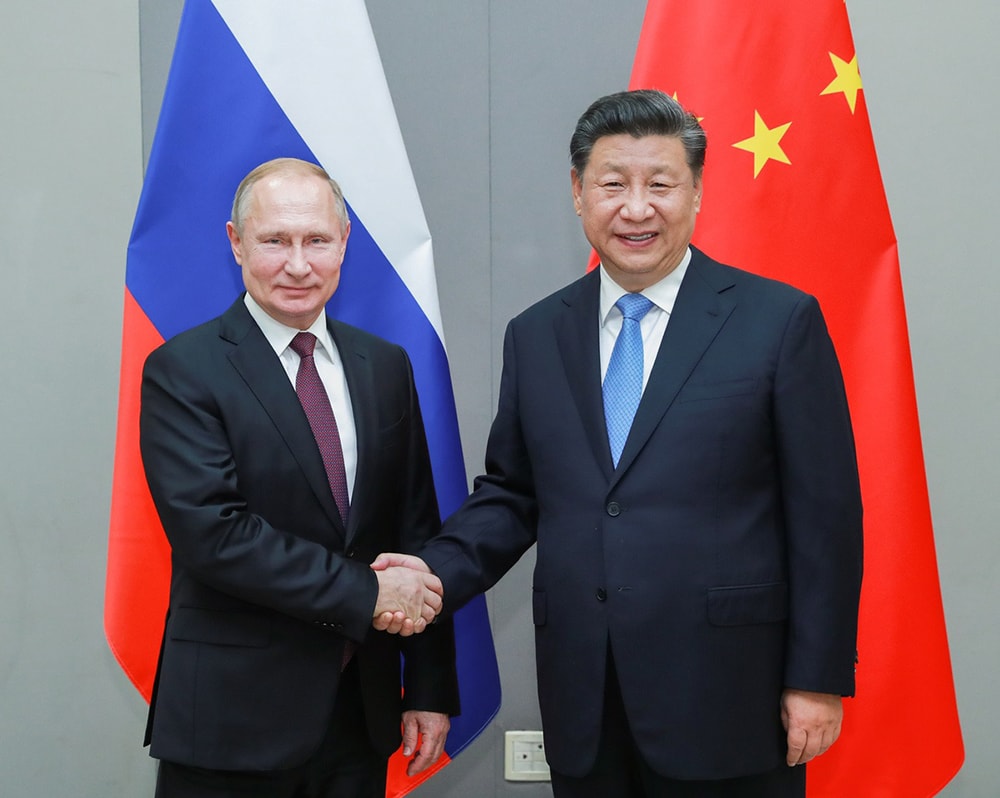 |
| Russian President Putin and Chinese President Xi Jinping have frequently praised the unprecedented warmth of Russia-China relations. Photo: Xinhua |
The Russia-China alliance was formed with the aim of containing US influence, the decline in oil prices and expanding trade relations.
A “half-hearted” Russia-China alliance has formed in recent years with three pillars: containing US influence, falling oil prices and expanding trade relations. Western sanctions after Russia annexed Crimea have pushed Russia closer to China. Russian experts point out that Russia-China trade has doubled to $108 billion. The Russian Central Bank has increased China’s currency reserves from less than 1% to over 13% and China has surpassed Germany as the main supplier of technology and industrial plant operations in Russia. For its part, Russia has been very careful in its statements on issues that Beijing is most sensitive about, such as Huawei’s 5G network deployment, Hong Kong and Covid-19.
Despite their seemingly warm relationship, cracks have begun to appear in the Russia-China relationship, despite efforts by both sides to resolve them. The pillars on which the relationship is built are not that solid, and have been deepened by historical differences over the Vladivostok region, Russian arms sales to India, and Russia’s delay in delivering the S-400 missile system to Beijing.
Disagreements over Vladivostok sparked a backlash in China when the Russian embassy posted a video celebrating the city’s 160th anniversary. Some Chinese said Beijing should respond to the post by stating its stance on Crimea, which has remained neutral since 2014. The incident is just one of the practical signs that the territorial disputes are not over and are becoming a barrier in Russia-China relations.
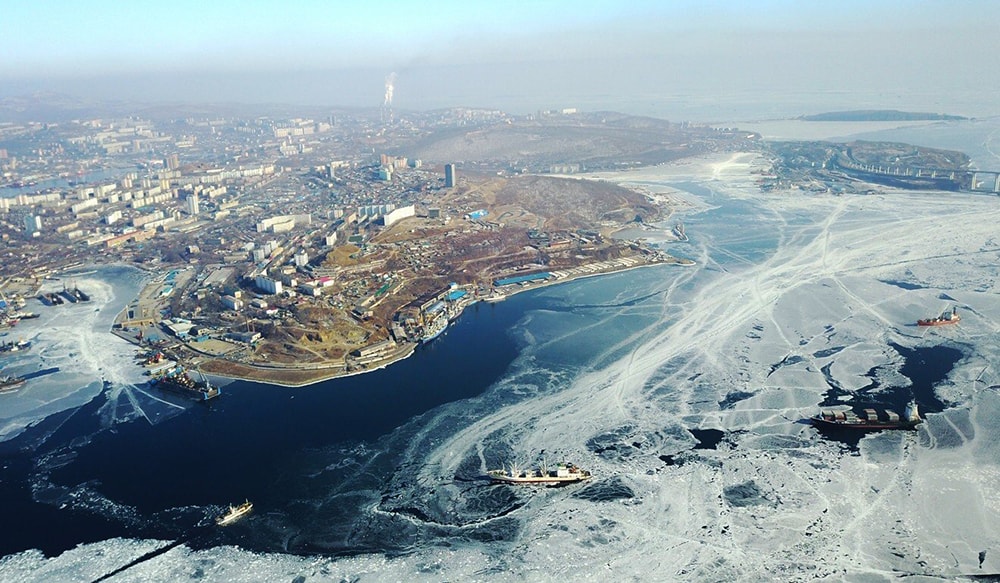 |
| The city of Vladivostok in Russia's Far East is considered to be in a territorial dispute with China. Photo: Getty |
Moscow has also received a heated response from Beijing for increasing its arms sales to New Delhi, especially after a military clash on the border between China and India in the Himalayas. Citing comments from Chinese netizens, the South China Morning Post said: “While fighting with an opponent, how would you feel if your friend gave a knife to your opponent?” Despite the fact that Russian arms sales to India have fallen significantly from their peak of $3.2 billion in 2005, analysts acknowledge that defense issues have created cracks in the Sino-Russian relationship.
Another crack in Russia-China relations is the agreement to supply Russia's S-400 missile defense system to China. This is Russia's most advanced weapon, capable of destroying targets at a distance of 400km and an altitude of 30km. Last month, Moscow confirmed that this transfer had been "paused". What angered China even more was that Russia pushed to deliver the S-400 to India. Although Russia refused on August 24 and could not deliver the S-400 to India in October 2020 as planned, but had to wait until 2021, China said that this showed that Russia was putting India's interests ahead of China's, and went against its commitments to strengthen Russia-China security relations.
LONG-STANDING TRADITIONAL RELATIONSHIP
Unlike China, the historical relationship between Russia and India has lasted for more than 7 decades. The strategic partnership with Russia is based on the fundamental lack of conflict of interests, with the strongest pillar being national security and defense. Although New Delhi has actively diversified its arms purchases from other countries, 70% of India's defense equipment is supplied by Russia.
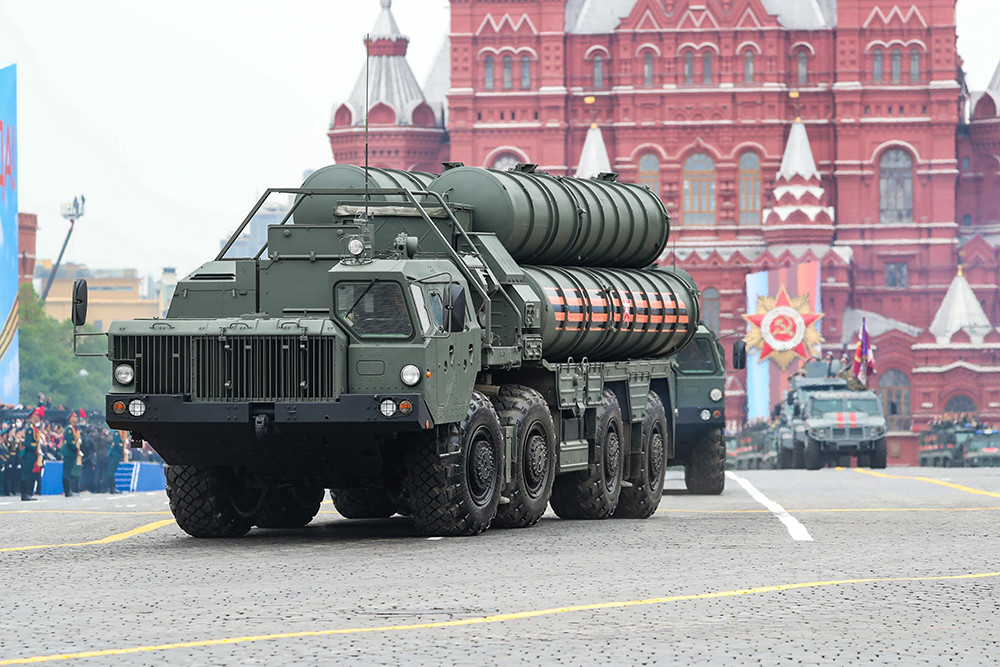 |
| The S-400 missile defense system is Russia's most advanced weapon that many countries want to possess. Photo: TASS |
Russia sees arms sales to India as a way to balance China's growing power.
Dmitry Stefanovich, a researcher at the Center for International Security at the Institute of World Economy and International Relations of the Russian Academy of Sciences, pointed out that Russia had been supplying weapons to India long before the bloody clash in the Himalayas. Most of India's strategic weapons, from aircraft carriers to nuclear attack submarines, were imported from Russia.
Professor Rityusha Tiwary at the Institute of Chinese Studies at New Delhi University said that Russia sees arms sales to India as a way to balance China's growing power.
For India, Russia is not only a reliable and regular defense supplier, but also a political one. New Delhi’s decision to maintain close ties with Moscow is not just a choice, but also a necessity, as New Delhi believes that Moscow has the leverage and influence to shape and change Beijing’s tough stance on the border dispute.
Most recently, India has expressed its desire for Russia to join the US-led Indo-Pacific initiative, a strategic alliance that is seen as a counter to China. Just as India supports Russia’s Greater Eurasia project with its “Look East” policy, India wants Russia to support the Indo-Pacific grouping, rather than simply viewing the idea as a US strategy to divide the region.
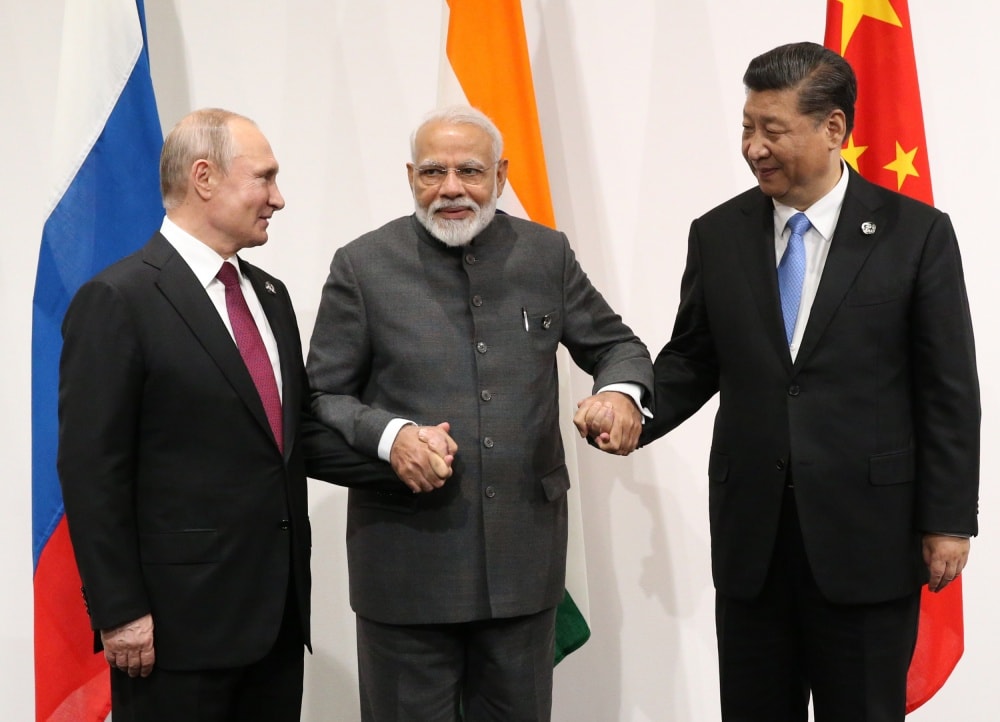 |
| Russian President Vladimir Putin, Indian Prime Minister Narendra Modi and Chinese President Xi Jinping at a trilateral meeting within the framework of the G20 Summit in Osaka, Japan in June 2019. Photo: Getty |
Chinese scholars have called the idea a serious “betrayal of China” if Russia were to join. However, Dmitry Stefanovich, a researcher at the Russian Academy of Sciences, said Russia would not participate because “Russia believes in regional organizations and comprehensive cooperation methods.” Moreover, most importantly, Russia would “not turn itself into a vassal of the United States,” according to Victor Gao, a professor at Soochow University.
UNSABLE TRIANGLE RELATIONSHIP
Despite many overlapping disagreements, Russia - China - India are considered a "strategic triangle" with a tripartite coordination mechanism (RIC), which is expected to elevate the position of "each vertex of the triangle".
However, the connection of this “strategic triangle” still appears awkward and the relationship is always in a precarious state. All three countries are implementing a pragmatic foreign policy, all seek to expand their international influence, and in many cases the strategic calculations of one country collide with the national interests of another.
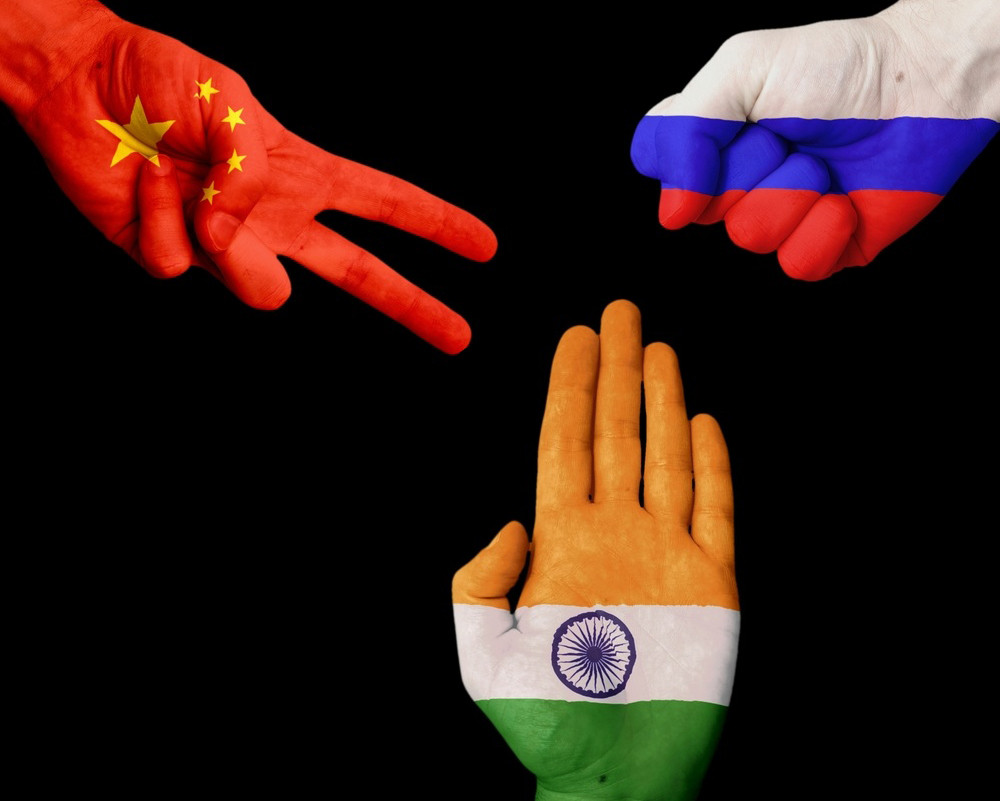 |
| The three-way cooperation mechanism between Russia, China and India is expected to create a strategic triangle. Illustrative photo from the Internet |
However, maintaining the current “triangular” relationship is likely to be pursued by all three parties, as it can more or less create a geopolitical counterbalance in the region, and significantly enhance the voice of each country. The biggest challenge in maintaining the RIC consensus is the border tension between China and India. If the conflict persists, it is possible that India will have foreign policy priorities to participate in new US-led initiatives. This will be an unpleasant scenario for both Russia and China./.

